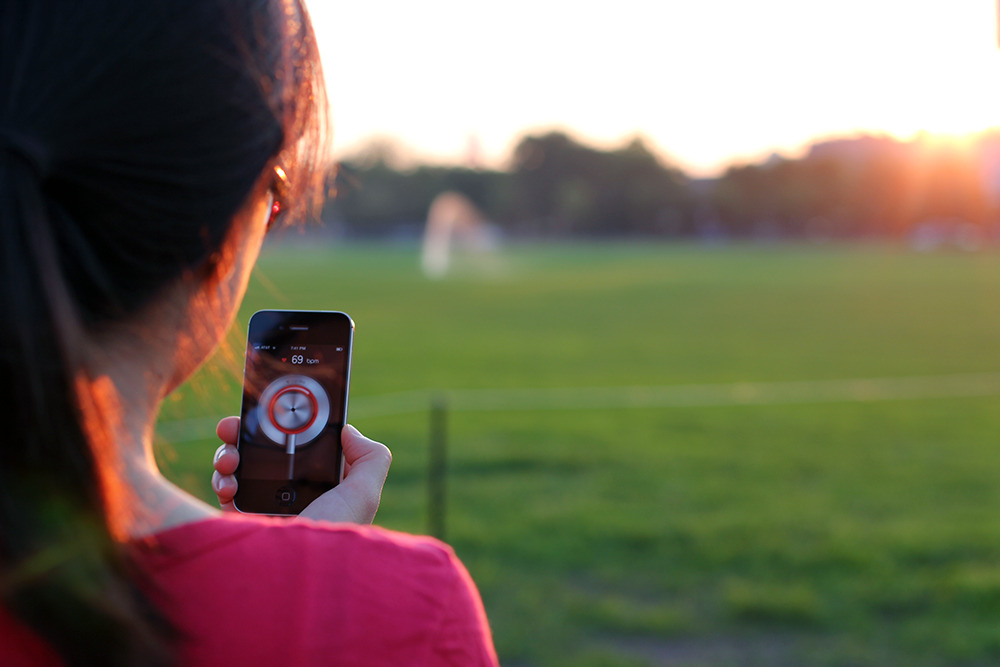When it comes to health, we often go through the motions, blissfully unaware of ourselves. We imagine that we cannot manage our health; when we get sick, it’s not our fault. We complain that our friends gave us the virus and that our classmates are the vectors of disease. Rarely do we accept the responsibility of sickness. That would be a display of weakness, and we don’t have the time to address our health. Just give us a pill, so that we can get back to work. We have school, we have jobs.
Hopefully, that passage elicited some cringes. Its message is not foreign, and unfortunately, we tend to extrapolate our American grab-and-go philosophy to health. We believe that we are far too busy to appreciate our health, and we only begin to pay attention to health when we are already sick. Wouldn’t it make more sense to nurture health while we are healthy? Why wait until it is too late?

Photo Credit: funnyjunk.com
The Quantified Self Movement (QSM) has its roots in health and wellness improvement. The idea is to promote self-knowledge through self-tracking. As Mark Moschel eloquently states, we are “taking control of something conventional wisdom has told us is not ours to understand.” We can effectively incorporate technology into our daily lives to track what is important to us. With the inception of mobile health technologies, health measurements are becoming readily available at all times.
Today, we have devices that make the Fitbit and Nike+ seem archaic. With the Cardiio iPhone application, we can detect heart rate and respiratory motion through an iPhone camera. By using Eulerian video magnification developed by MIT, these unattached sensors have accuracies comparable to hospital-grade monitors. Apple also recently patented a new model of their iconic earphones that can detect blood oxygenation levels, heart rate, and body temperature, while you casually listen to music.

Photo Credit: cardiio.tumblr.com
Given these available technologies used by the members of the Quantified Self Movement, we learn several lessons:
1) It is possible to be engaged. If Cardiio can detect your heart rate while you are holding your phone in front of you, you are hardly deviating from your typical daily behavior.
2) Make time for your health. It’s truly fascinating that health is treated so nonchalantly, as if we have more than one life and can suddenly resurrect ourselves from preventable illnesses and death.
3) If it is possible to track health while healthy, it is certainly possible to track health while sick. Arguably, unhealthy patients have a greater incentive to track their health because they want to get better.
4) If self-tracking devices can take measurements automatically, there is no excuse of being too busy. You are going through the motions of everyday life while these recordings are happening.
5) These communities are vibrant and alive. You won’t be alone, and you can become engaged before you become a patient. We can even imagine QSM members as healthy patients practicing preventative medicine.
So join us. There are meetups around the globe, and registration is just a click away. You can even join us here in Houston. See you there!
